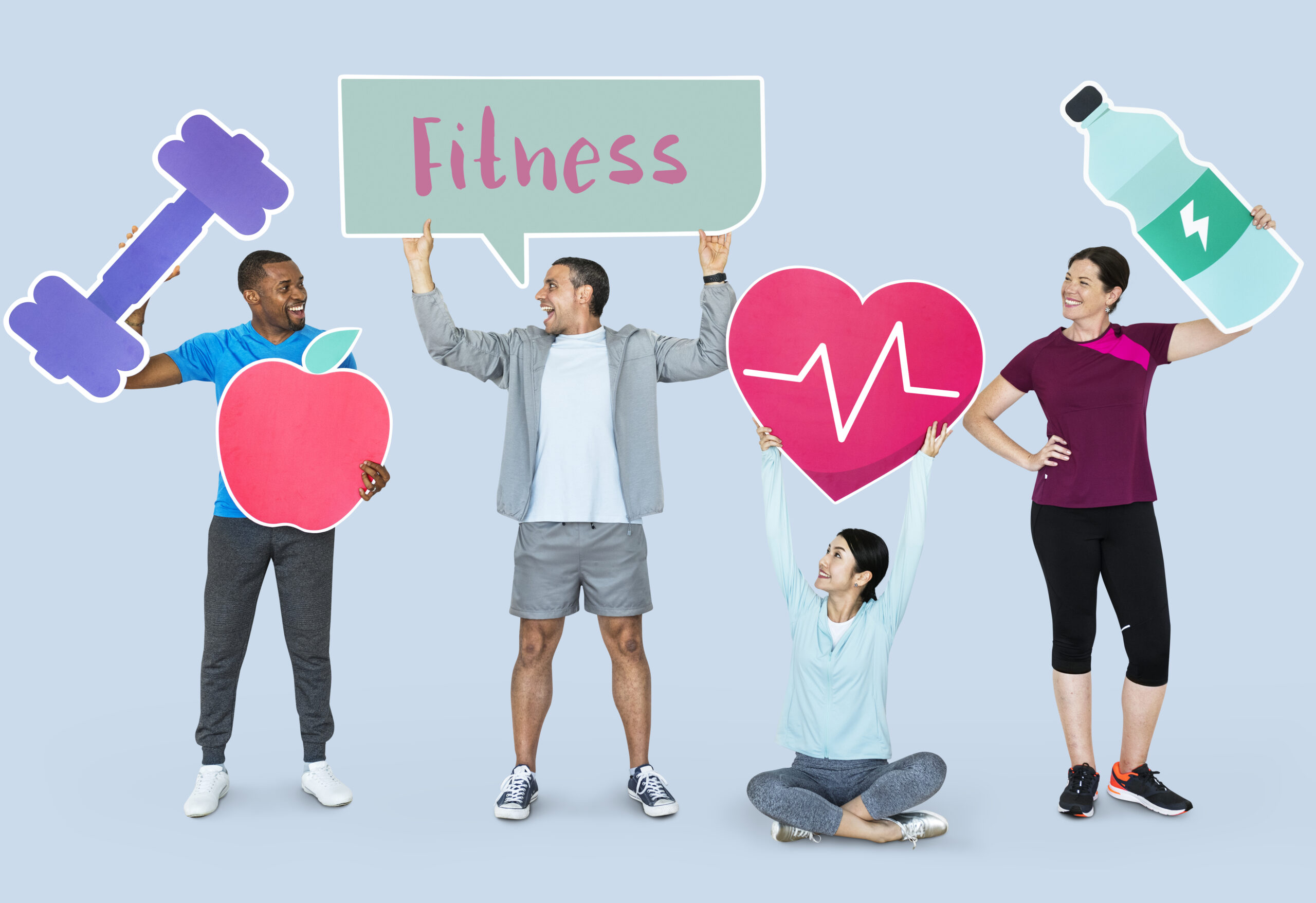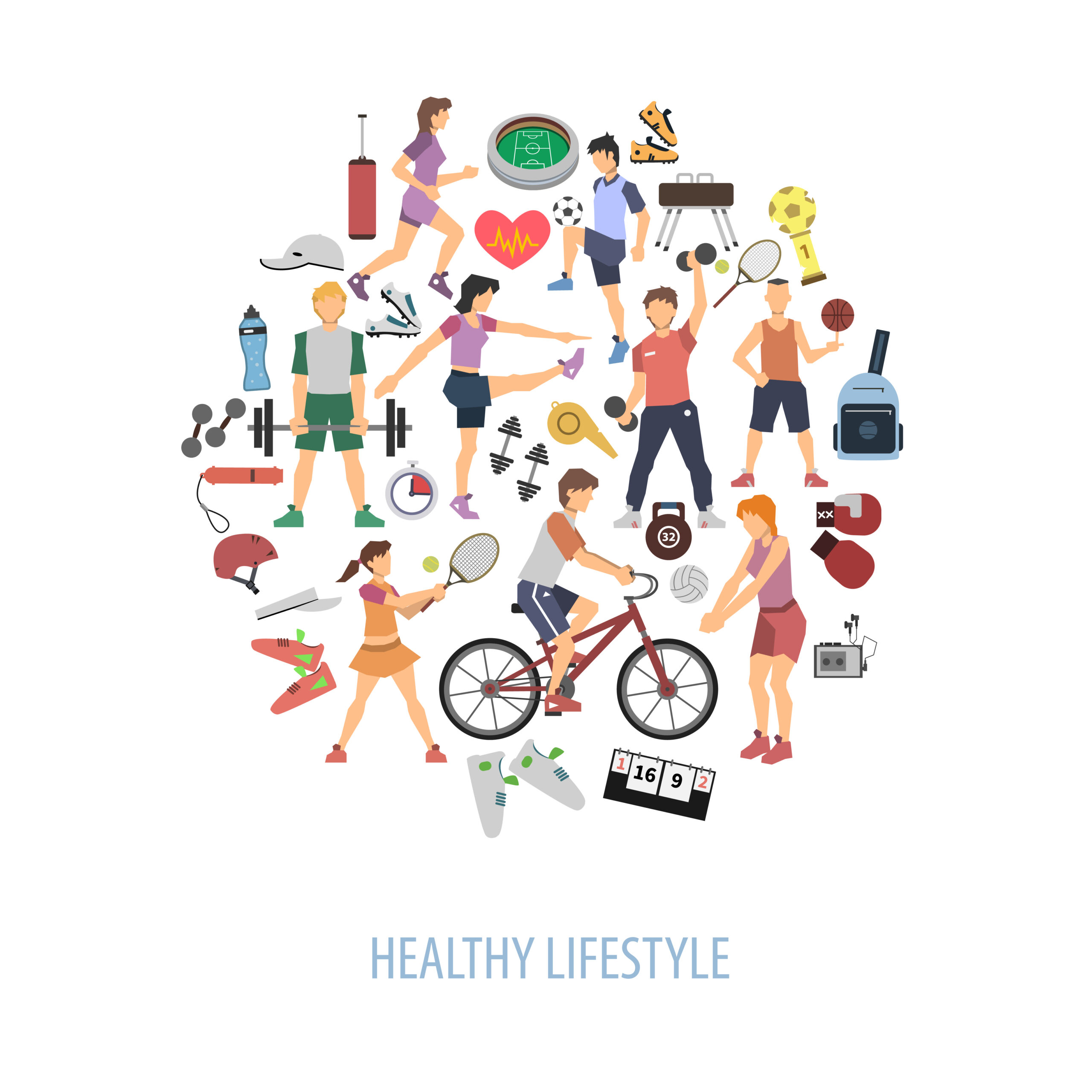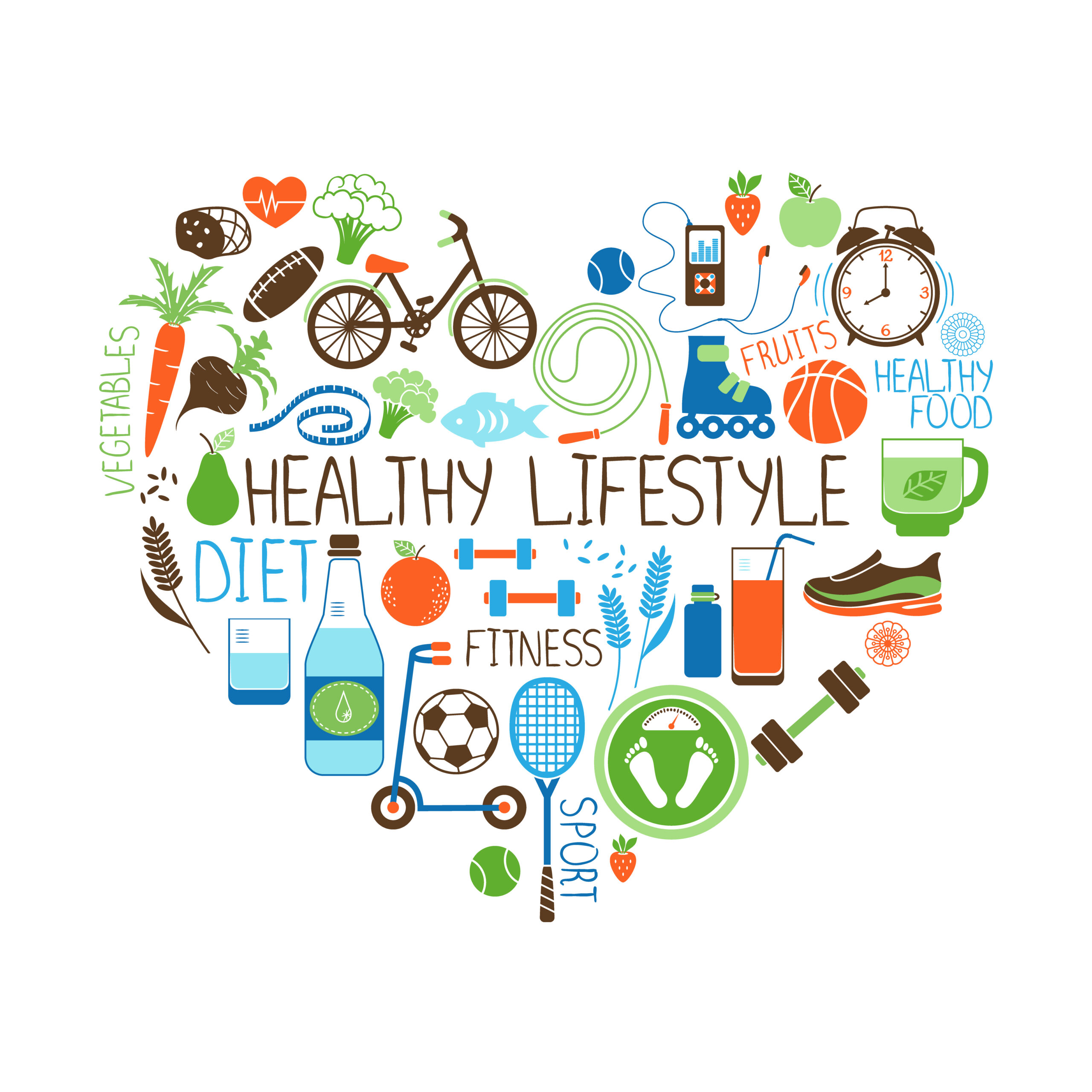Guide to Health and Fitness With Workout Diet
In today’s fast-paced world, where daily responsibilities and stress seem to take precedence, maintaining a healthy and fit lifestyle can often feel like an afterthought. However, prioritizing health and fitness is crucial not only for physical appearance but also for mental well-being, longevity, and overall quality of life. A strong body and mind allow you to tackle life’s challenges with vigor, focus, and resilience.
In this blog, we’ll explore the importance of health and fitness with workout diet, the key elements to achieving a balanced lifestyle, and how you can begin your journey toward better health today.

Understanding Health and Fitness
Health and fitness go hand-in-hand but encompass a variety of different aspects. Health refers to the overall condition of your body and mind, including how well your systems function, your level of immunity, and your mental well-being. Fitness, on the other hand, is a measure of how well your body can perform various physical tasks and includes components such as cardiovascular endurance, muscular strength, flexibility, and body composition.
When we think of fitness, it’s easy to imagine someone running a marathon or lifting heavy weights at the gym. While those are great indicators of physical fitness, achieving true health and fitness requires a comprehensive approach that balances exercise, nutrition, mental health, and recovery.
The Four Pillars of Health and Fitness
To achieve optimal health and fitness, it’s important to focus on four key pillars: exercise, nutrition, rest, and mental well-being. Here’s a breakdown of how each plays a vital role:
1. Exercise: Moving for a Stronger Body and Mind
Exercise is the cornerstone of fitness. Regular physical activity can help reduce the risk of chronic diseases, improve cardiovascular health, boost energy levels, and elevate mood. But the benefits don’t stop at physical fitness—it also has a profound impact on mental health.
There are several types of exercise to consider, each offering unique benefits:
- Cardiovascular Exercise: Activities like running, cycling, swimming, or walking improve heart health and endurance.
- Strength Training: Lifting weights or doing bodyweight exercises like push-ups and squats helps build muscle, increase metabolism, and improve bone density.
- Flexibility and Mobility: Yoga, Pilates, and stretching exercises enhance flexibility, reduce muscle tension, and improve posture.
- Balance and Coordination: Exercises such as tai chi or certain forms of yoga improve balance, which can help prevent falls and injuries.

How to Start: If you’re new to fitness, start slowly. Aim for at least 150 minutes of moderate aerobic exercise or 75 minutes of vigorous exercise per week, along with two strength-training sessions. The key is consistency. Gradually increase the intensity and variety of your workouts as your fitness level improves.
2. Nutrition: Fueling the Body Right
What you eat is just as important as how you move. Proper nutrition is the foundation for maintaining energy, supporting muscle growth, and enhancing recovery. A balanced diet fuels your body with the necessary vitamins, minerals, and macronutrients to perform at your best.
- Macronutrients: These are nutrients required in larger amounts, including carbohydrates, proteins, and fats. Carbs provide energy, protein is essential for muscle repair, and fats are necessary for hormone production and overall health.
- Micronutrients: These are vitamins and minerals, such as vitamin D, calcium, and magnesium, that play key roles in maintaining bodily functions and supporting immunity.
- Hydration: Staying hydrated is crucial for optimal performance, muscle recovery, and overall health. Water aids in digestion, joint lubrication, and nutrient absorption.
How to Start: Focus on whole, unprocessed foods like vegetables, fruits, lean meats, legumes, nuts, seeds, and whole grains. Aim to eat a balanced meal with protein, healthy fats, and complex carbohydrates at every meal. Avoid or limit processed foods, excessive sugar, and refined carbs.
3. Rest: Recovery is Just as Important as Exercise
Rest and recovery are often overlooked when it comes to health and fitness. However, they are just as essential as training. The body needs time to repair itself and adapt after physical exertion. Without proper rest, overtraining can lead to injury, burnout, and mental fatigue.
Sleep, in particular, plays a vital role in recovery. During sleep, the body repairs muscle tissue, releases growth hormones, and consolidates memories. Chronic lack of sleep can impair cognitive function, reduce immune response, and hinder your ability to perform physically.
How to Start: Aim for 7-9 hours of sleep per night. Make sleep a priority by maintaining a consistent sleep schedule, avoiding caffeine in the evening, and creating a restful environment. Additionally, incorporate active recovery days (such as light walking, stretching, or yoga) into your routine to allow your body time to heal.
4. Mental Health: A Balanced Mind Leads to a Balanced Life
Mental health is often the forgotten aspect of fitness, but it’s just as important as physical health. The connection between mind and body is undeniable—stress, anxiety, and poor mental health can negatively affect your physical performance, immune function, and even your posture.
On the flip side, taking care of your mental well-being can improve motivation, focus, and the ability to cope with stress. Practices like mindfulness, meditation, and journaling can help reduce stress and improve emotional resilience.
How to Start: Incorporate stress-reducing activities into your routine. Meditation, deep breathing exercises, and mindfulness practices can help improve mental clarity and focus. Make time for hobbies or social activities that bring you joy and fulfillment. Don’t hesitate to seek support from a mental health professional if needed.
Creating a Sustainable Fitness Routine
To make health and fitness a permanent part of your life, consistency is key. Setting achievable goals and creating a routine that fits your lifestyle will make it easier to stay on track.
- Set Realistic Goals: Start with short-term, measurable goals, such as exercising three times a week or drinking more water daily. As you reach these goals, gradually increase the challenge.
- Stay Flexible: Life can get busy, and unexpected events may derail your plans. Stay flexible and adapt. If you miss a workout, don’t get discouraged—just get back to it the next day.
- Track Your Progress: Keep a journal or use fitness apps to monitor your workouts, food intake, and overall well-being. Tracking helps you stay motivated and see improvements over time.
Conclusion
Health and fitness are not just about looking good—they are about feeling good, living longer, and improving the overall quality of your life. Achieving a healthy lifestyle requires a balance of exercise, proper nutrition, adequate rest, and mental well-being. It’s important to remember that fitness is a journey, not a destination, and every small step you take toward better health is a victory.
By embracing a holistic approach to health and fitness, you can unlock the potential for a more energetic, fulfilling, and resilient life. So, why wait? Start today, and invest in your future self—because your health is the greatest asset you’ll ever own.
Read More :- The Essential Gym Equipment You Need for a Full-Body Workout






Achieving overall health and fitness requires balancing exercise, proper nutrition, rest, and mental well-being. Start with small goals, stay consistent, and prioritize both your body and mind for a healthier, more fulfilling life.